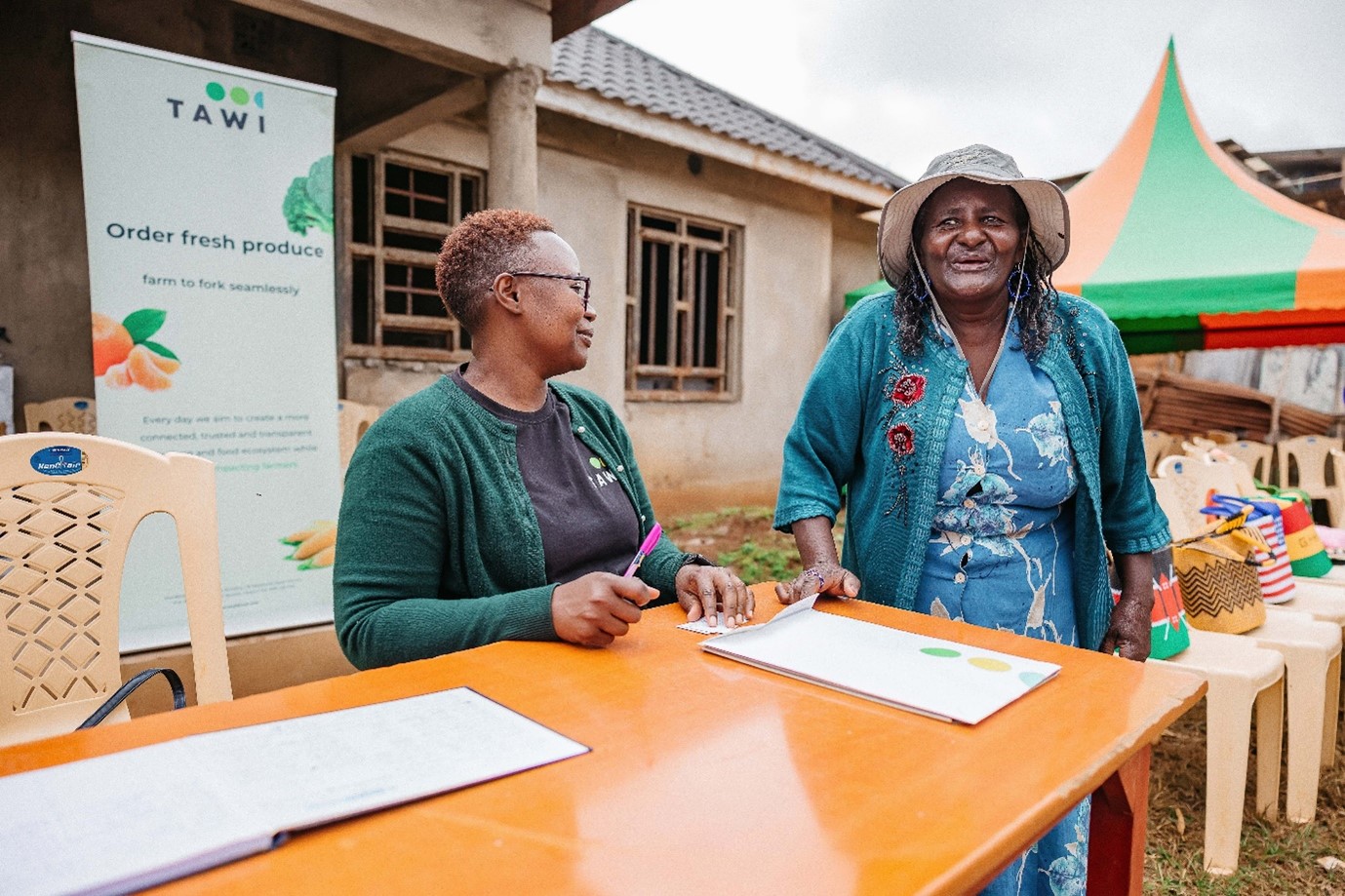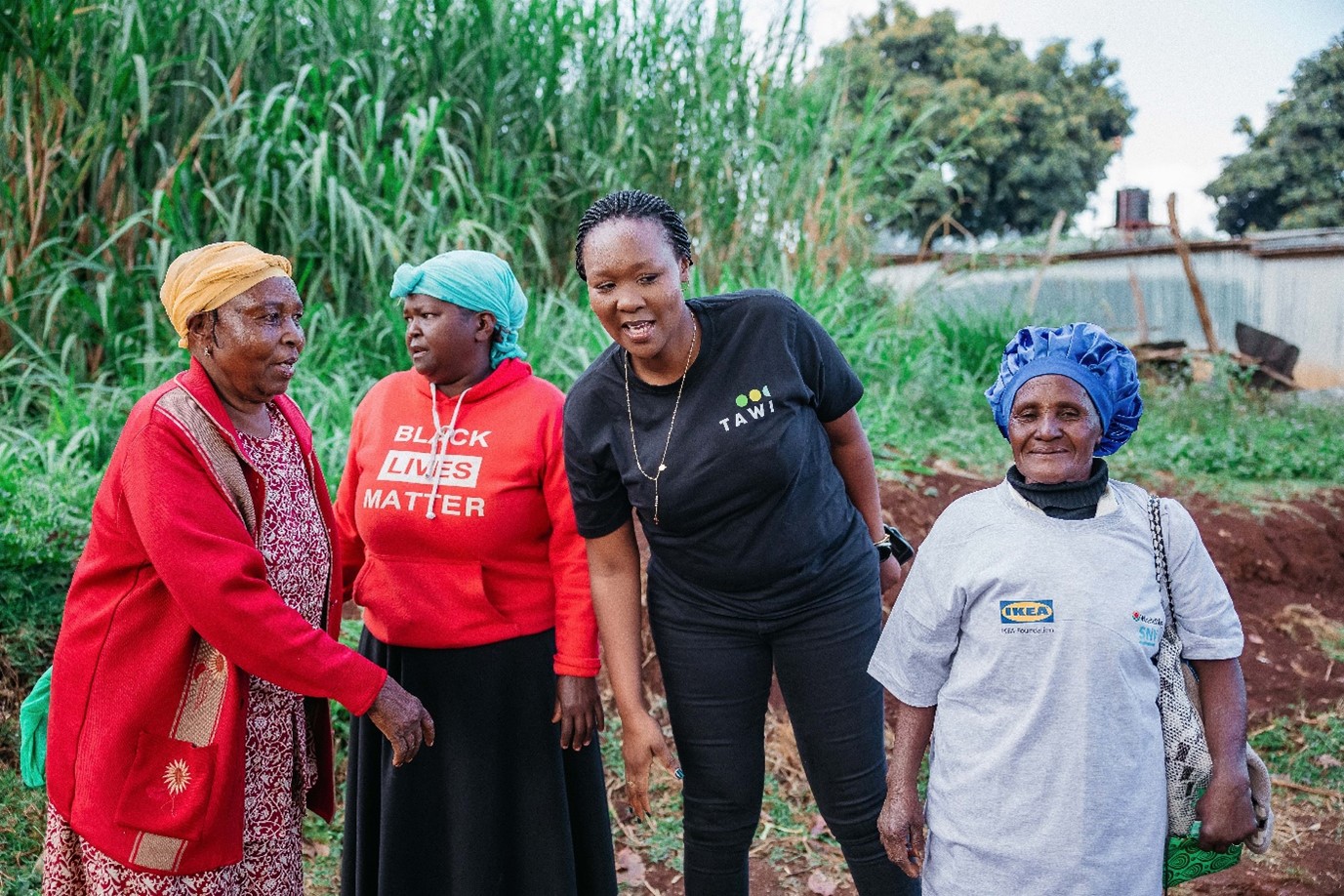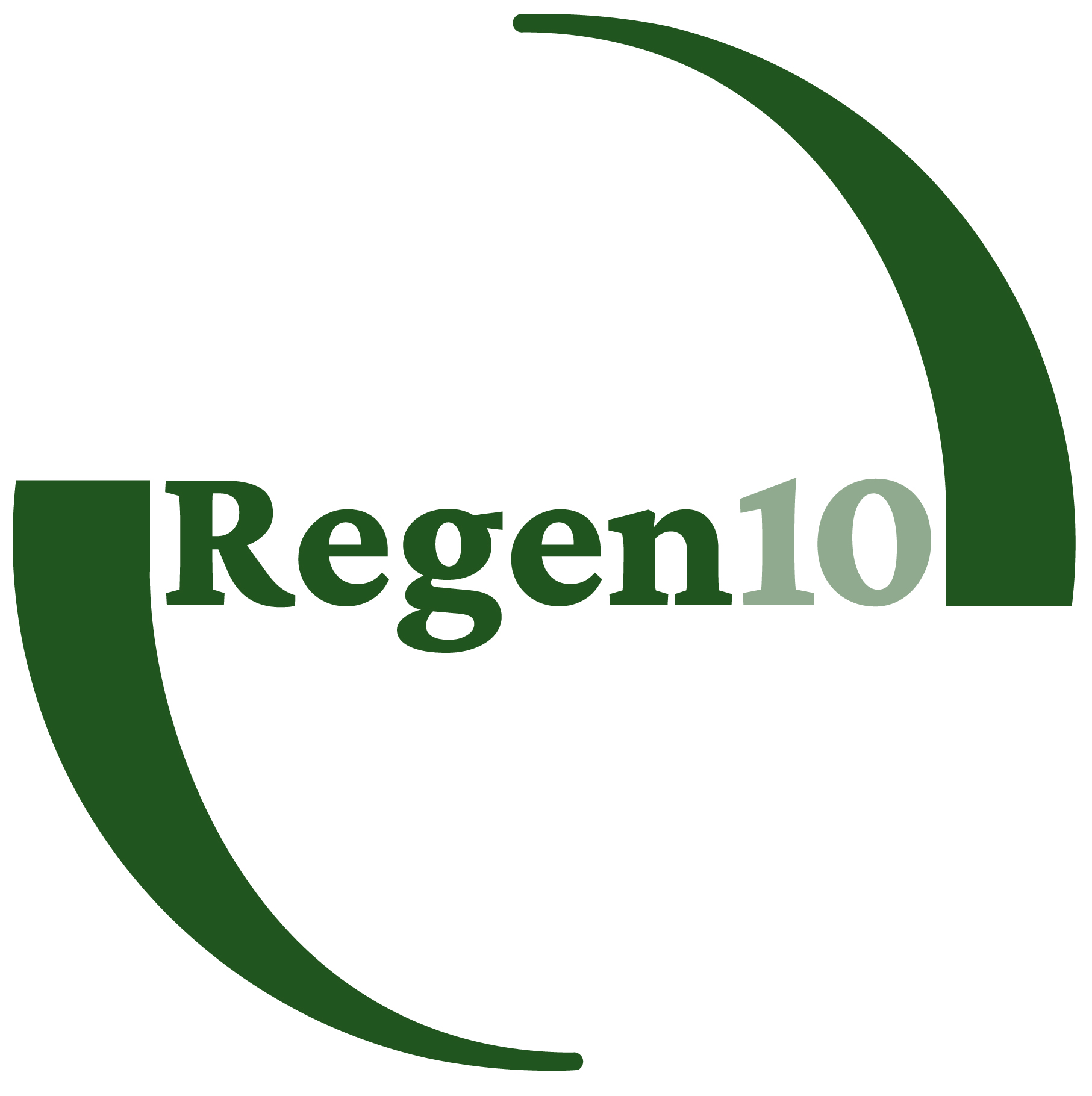Transforming Agriculture: Empowering Smallholder Farmers for a Sustainable Future
19 February 2025Cherotich Rutto is the CEO and founder of digital marketplace Tawi Fresh which directly connects farmers across Kenya with commercial buyers – enhancing market access for smallholder farmers and increasing the power of multi-stakeholder engagement.
In this blog, Cherotich explains how smallholder farmers can be supported and empowered through collaboration and innovative finance, and how initiatives like Tawi Fresh and Regen10 are championing regenerative and agroecological approaches that are better for people and the planet.

As we face unprecedented challenges in our global food systems—ranging from climate change to food insecurity—the role of smallholder farmers has never been more crucial. At Tawi Fresh, we recognize that these farmers are the backbone of our agricultural landscape, and we are committed to empowering them with the tools, resources, and connections they need to thrive in a rapidly evolving marketplace.
What is Tawi Fresh?
Tawi Fresh is more than just a digital marketplace; it is a movement aimed at redefining the agricultural value chain. Our business-to-business platform is designed to unlock sustainable markets and financial solutions specifically tailored for smallholder farmers. By bridging the gap between farmers and buyers, we enhance market transparency and ensure that farmers receive fair compensation for their hard work.
In an era where technology drives innovation, we leverage cutting-edge tools—such as digital identities, electronic trade documents, and electronic invoicing—to streamline transactions and foster secure, efficient trade. Our goal is simple: to create a marketplace that empowers farmers to engage in fair trading practices while improving their financial well-being.
The Importance of Collaboration
To build a sustainable agricultural ecosystem, collaboration is essential. It is not enough for farmers to operate in isolation; they must be integrated into the broader agricultural landscape. Here’s how we can foster collaboration between smallholder farmers and agribusinesses:
- Knowledge Sharing: Agribusinesses have a wealth of resources and expertise to share. By providing training on best practices and sustainable methods, we can empower farmers to enhance productivity and environmental stewardship.
- Inclusive Supply Chains: It is vital to integrate smallholder farmers into the supply chains of larger agribusinesses. Fair contracts and transparent payment terms not only strengthen these relationships but also bolster local economies and communities.
- Harnessing Technology: Platforms like Tawi Fresh exemplify the power of technology in fostering connections. By minimizing intermediaries, we promote transparency in transactions, ensuring that farmers are rewarded fairly for their efforts.
Innovative Financing Models for Sustainable Practices

For smallholders to adopt regenerative agricultural practices, innovative financing solutions are essential. Here are some financing models that can empower smallholder farmers:
- Embedded Payments: Seamless payment solutions integrated into e-commerce platforms enable farmers to transact easily and manage their finances more effectively. This convenience is crucial for their day-to-day operations.
- Embedded Lending: Tailored credit products within platforms allow farmers to access funds for vital inputs, such as seeds and equipment. This accessibility supports their journey toward sustainable agriculture.
- Embedded Insurance: By offering crop insurance directly through e-commerce platforms, we can provide farmers with financial protection against unforeseen challenges. This assurance encourages them to invest in regenerative practices without the fear of losing their livelihoods.
- Real-Time Financial Insights: Providing farmers with access to real-time data on their financial performance empowers them to make informed decisions, leading to increased productivity and stability.
These embedded finance solutions create a robust ecosystem where smallholder farmers can thrive, ultimately contributing to a more sustainable agricultural landscape.
Building Trusted and Transparent Markets
Accessing trusted and transparent markets is vital for smallholder farmers and the below strategies can help support them:
- Market Linkages: Directly connecting farmers with buyers ensures they can access fair markets and make informed selling decisions. This direct engagement is essential for building trust.
- Education and Training: By offering resources and training on market dynamics, we equip farmers with the knowledge they need to navigate the complexities of the marketplace effectively.
- Promoting Transparency: Reliable digital documentation fosters confidence among farmers and buyers, encouraging equitable trading relationships. Transparency is the bedrock of a fair marketplace.

A Shared Vision for a Sustainable Future
As we strive to create a connected, trusted, and transparent agricultural ecosystem, I invite all stakeholders —farmers, agribusinesses, policymakers, and consumers— to join us in this mission. Together with initiatives like Regen10, we can champion regenerative agricultural practices that not only benefit farmers but also enhance the health of our planet.
Our shared vision encompasses a future where smallholder farmers are empowered as co-creators of change. By collaborating and leveraging technology, we can unlock innovative financial solutions and sustainable markets that uplift the agricultural community. Together, we have the opportunity to build a resilient sector that not only feeds our communities but also supports the livelihoods of those who grow our food.
Let us unite in this journey toward a more sustainable future—because when we empower smallholder farmers, we pave the way for a better tomorrow for all.
